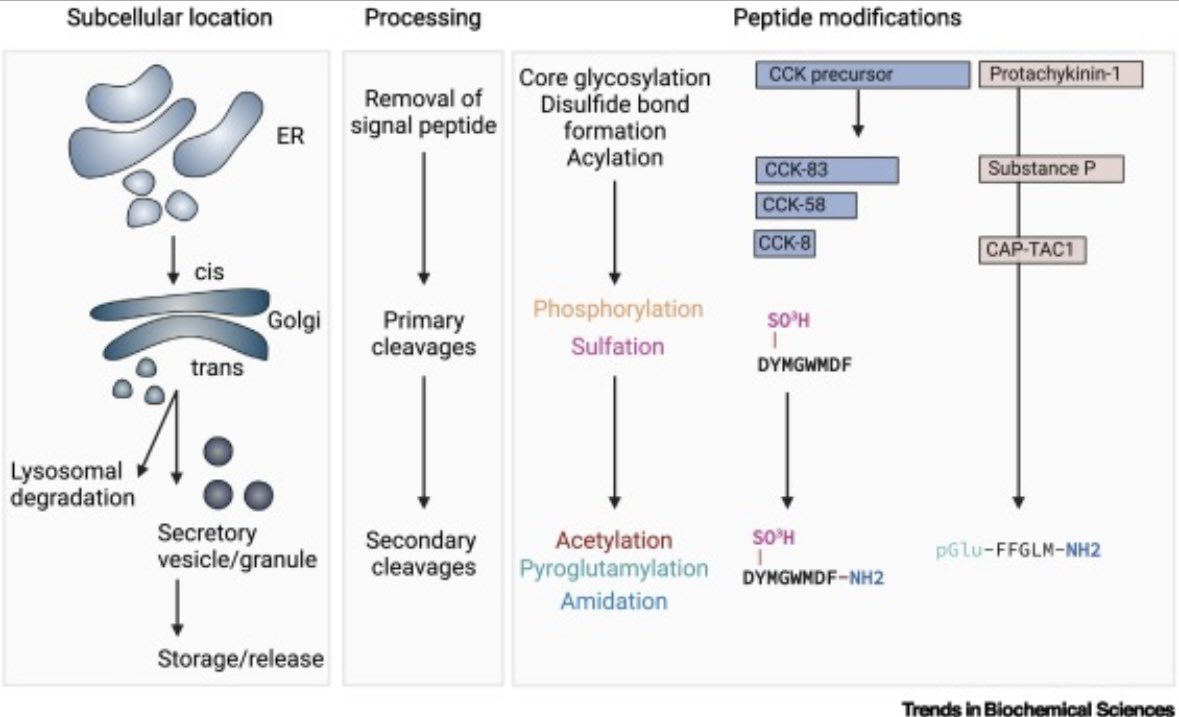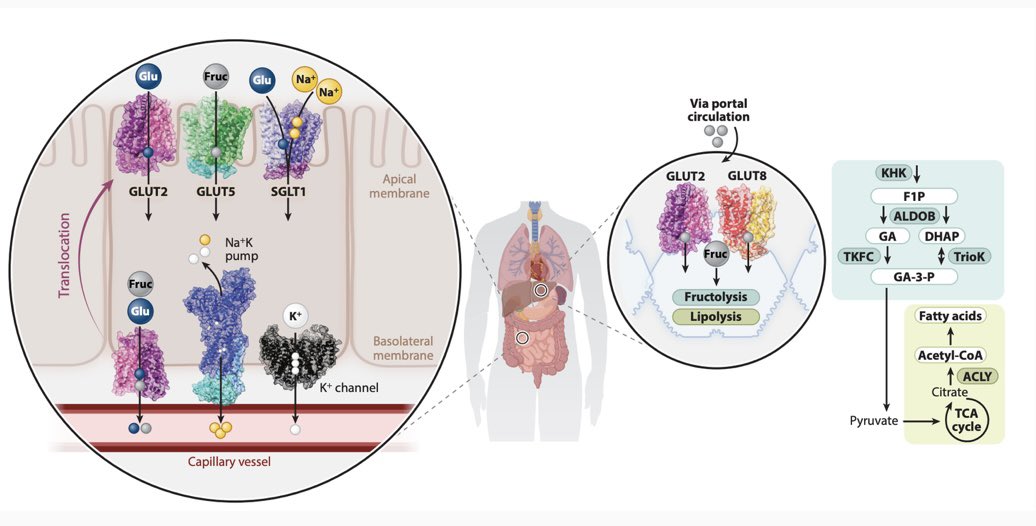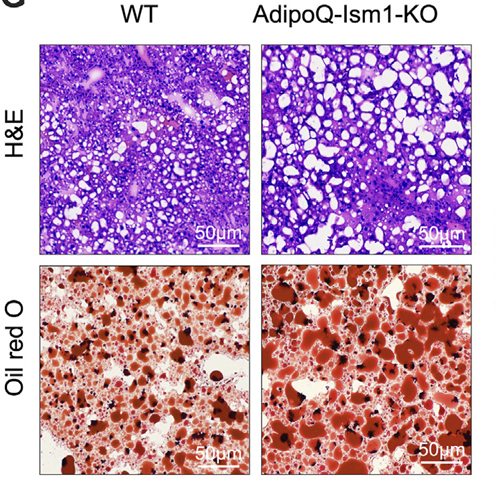
SvenssonLab
@svenssonlab
We study metabolism and everything secreted! Katrin J. Svensson Assistant Professor @StanfordPath Metabolic Core Director @StanfordDRC @svenssonlab.bsky.social
ID: 958093582266654720
http://www.svenssonlabstanford.org/ 29-01-2018 21:44:45
448 Tweet
1,1K Followers
1,1K Following


New research from María D. Moya-Garzon and @LongLabStanford identifies a new metabolic pathway that helps explain the molecular links between ketogenic diets and body weight regulation: stanford.io/3CAGCWc Wu Tsai Human Performance Alliance Stanford Knight Initiative for Brain Resilience


We recently published a paper on the use of AlphaFold2 for deorphanizing ligands to single-pass receptors. It turned out we also made the cover and an editorial! A huge thanks to Carlsbergfondet for supporting this work! cell.com/cms/asset/5809… cell.com/cell-systems/a…

Annual joint holiday party w Nicole M Martinez SvenssonLab Sarafan ChEM-H 🎉 Stanford Pathology. This year, Bowlmor Lanes!!!



Thanks to Stanford School of Medicine for covering work Laetitia Voilquin-Coassolo Stanford Pathology Stanford Diabetes Research med.stanford.edu/news/all-news/…

Hot on the heels of excellent work from SvenssonLab, more evidence of large-scale generation of functional protein fragments by proteolysis nature.com/articles/s4158… Very exciting to see this convergence with our work showing pervasive function of protein fragments in vivo! (1/2)




Sharing our latest review on peptide hormones by Laetitia Coassolo Laetitia Voilquin-Coassolo and Amanda Wiggenhorn Amanda Wiggenhorn in Trends in Biochemical Sciences Trends in Biochemical Sciences Stanford Pathology Free full text: sciencedirect.com/science/articl…


Happy to share this review on glucose and fructose metabolism in Annual Review of Nutrition Annual Reviews. There is still a lot we don’t understand of how fructose metabolism is controlled. Jameel Karen Linde-Garelli Stanford Pathology Stanford Diabetes Research annualreviews.org/content/journa…


My lab is recruiting a postdoc fellow to characterize new biochemical pathways that control taurine and glucose metabolism. Email me at [email protected] to apply! Please help RT🙏 Long Lab Judith Simcox PhD UW–Madison Biochem

Happy to share our latest paper showing that deletion of adipose-derived Isthmin-1 leads to fatty liver and elevated ceramides. Congrats to first author Saranya Reghupaty and all the co-authors! Molecular Metabolism Stanford Pathology Stanford Diabetes Research sciencedirect.com/science/articl…


Out today from Stanford Pediatrics Endocrine Fellow #HectorOrtega & Seth Sharp a state of the art review on polygenic risk scores (#PRS) in diabetes. This is your 101 on what we currently know about them and their application to understanding disease heterogeneity and clinical

